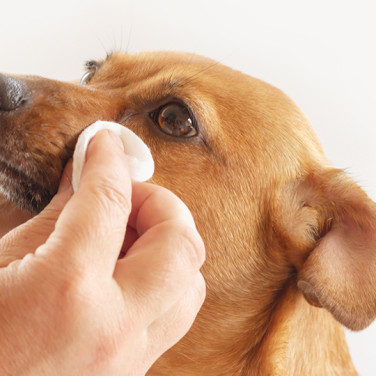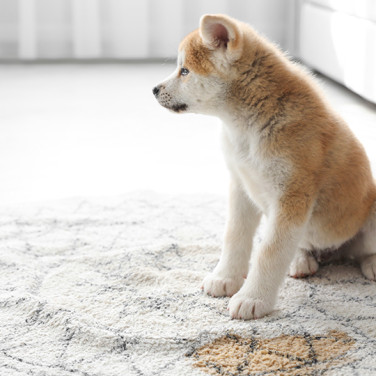FOOD
Can Dogs Eat Buckwheat or Buckwheat Noodles? Good or Bad?
페이지 정보
본문
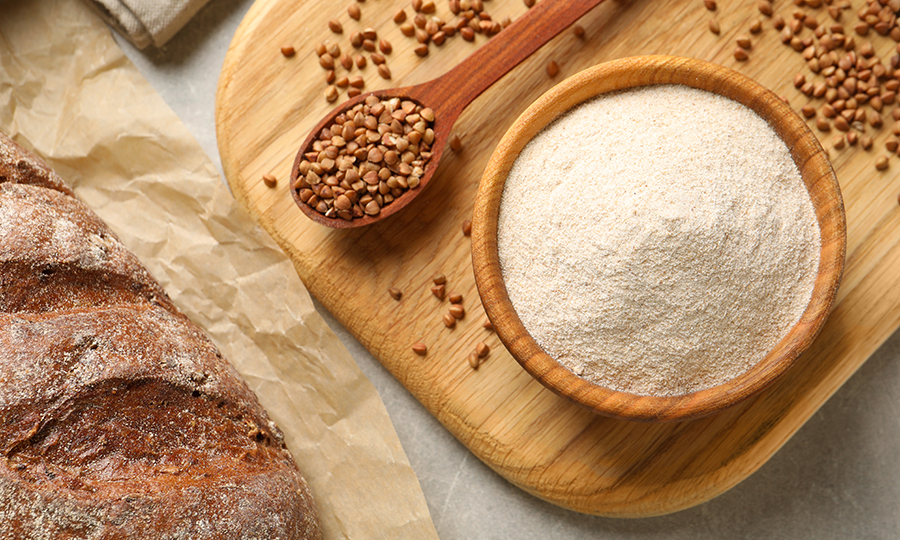
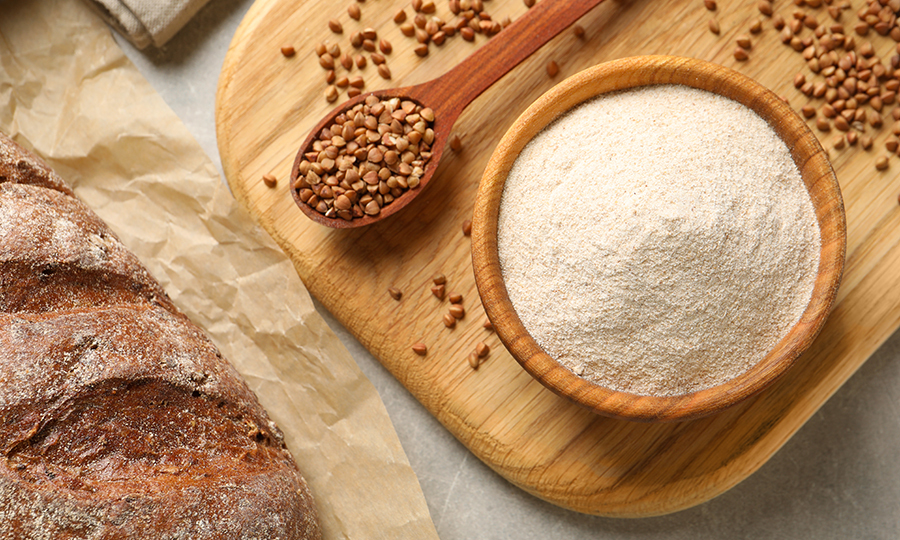
Can dogs eat buckwheat? YES!
Buckwheat is not related to wheat, as it is gluten-free, making it a popular substitute for wheat in certain foods. However, it is important to note that buckwheat is a triangular-shaped seed, not a grain. This seed contains valuable nutrients such as protein, fiber, various minerals and vitamins, and antioxidants, which help regulate blood sugar levels and support colon health.
However, since carbohydrates make up a significant portion of buckwheat's nutritional profile, they are not a suitable substitute to replace a dog's diet. It is important to feed it in moderation, as consuming too much can cause health problems. If you are introducing buckwheat to your dog's diet for the first time, it is important to start with a small amount to ensure there is no allergic reaction.
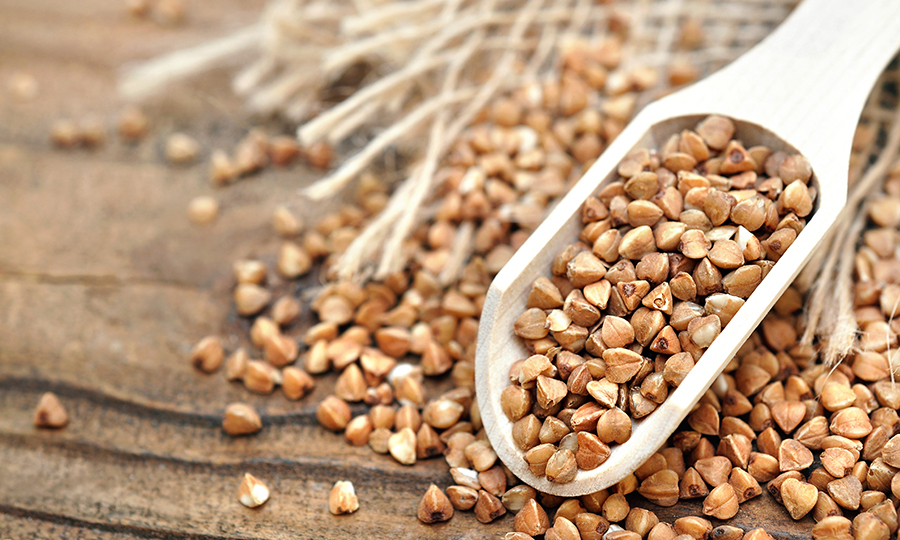
Health benefits of buckwheat for dogs
Buckwheat is a source of complete protein and rich in fiber, which can benefit your pet's digestive system in moderation. As a gluten-free food, it can be used as a healthy substitute for wheat flour. Additionally, it has a low glycemic index and can aid in the management of diseases such as diabetes. The resistant starch in buckwheat is also beneficial for colon health. Buckwheat can also promote good heart health and lowering blood pressure.
Buckwheat nutritional facts for dogs:
-
Protein
Buckwheat is a high-quality source of complete protein and is rich in the essential amino acids lysine and arginine.
-
Fiber
Fiber helps your pet's digestive system and helps deal with symptoms of diarrhea or constipation. Being high in fiber can help with weight management by providing a feeling of fullness.
-
Vitamins
-
Vitamin B Complex:
Helps with metabolism, energy and glucose production, and hormone regulation.
-
Vitamin B Complex:
-
Minerals
-
Manganese:
Helps in energy production and metabolic activity, as well as maintaining healthy ligaments and tendons. -
Copper:
Helps in the formation of the body's skeletal system and the metabolism of iron. -
Magnesium:
Needed for muscle and bone development and for absorbing calcium in your dog's body. It helps promote muscle and nerve function and energy transfer to the body. -
Iron:
Supports the formation of red blood cells and hemoglobin. Hemoglobin carry oxygen throughout the body and help generate energy. -
Phosphorus:
An essential mineral for healthy bones, teeth, and metabolism.
-
Manganese:
-
Antioxidants
Buckwheat is rich in antioxidant polyphenols, which reduce inflammation and promotes a healthy immune system.
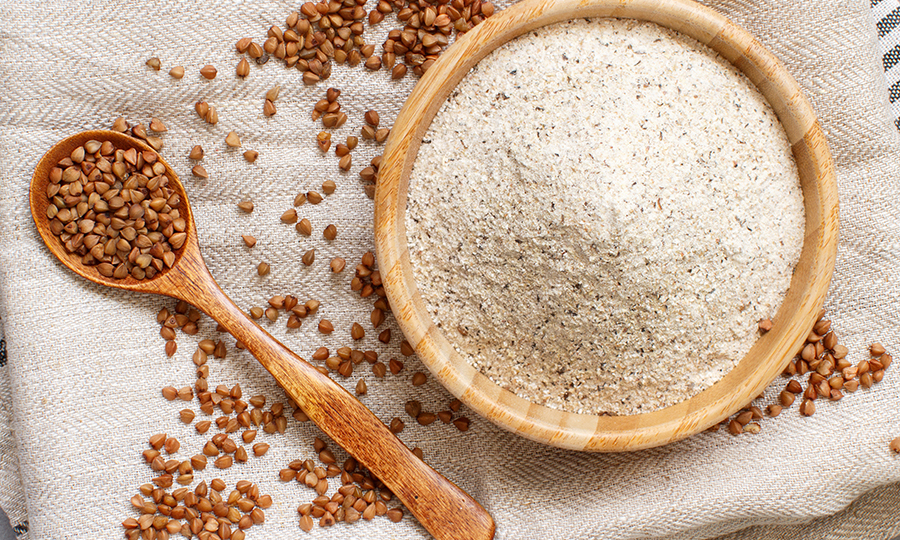
How to safely feed buckwheat to dogs
Buckwheat can be a healthy snack for your dog if prepared and cooked correctly. Whole buckwheat seeds can be difficult to digest as they can be swallowed without chewing, so it is best to serve them cooked for your dog. Buckwheat flour, on the other hand, does not need to be cooked and can be given by mixing a tablespoon of it into your dog's food.
You can also use buckwheat flour to make special dishes for your dog. Buckwheat flour is gluten-free and low in calories. Use it to cook buckwheat noodles, pancakes, etc. without seasoning to offer a special occasional snack for your dog.
If your dog has never eaten buckwheat before, you should only give it to them in small amounts to see if it causes allergic reactions or digestive problems such as vomiting and diarrhea.
Precautions when feeding buckwheat to dogs
Since the main nutrient in buckwheat is carbohydrates, it should not be used to replace your dog's diet and should instead be served as a treat.
Too much buckwheat can cause digestive problems in dogs!
Consuming excessive amounts of buckwheat can lead to digestive issues, such as bloating and gas, due to its high fiber content.
Can dogs eat store-bought buckwheat products like buckwheat noodles and soba?
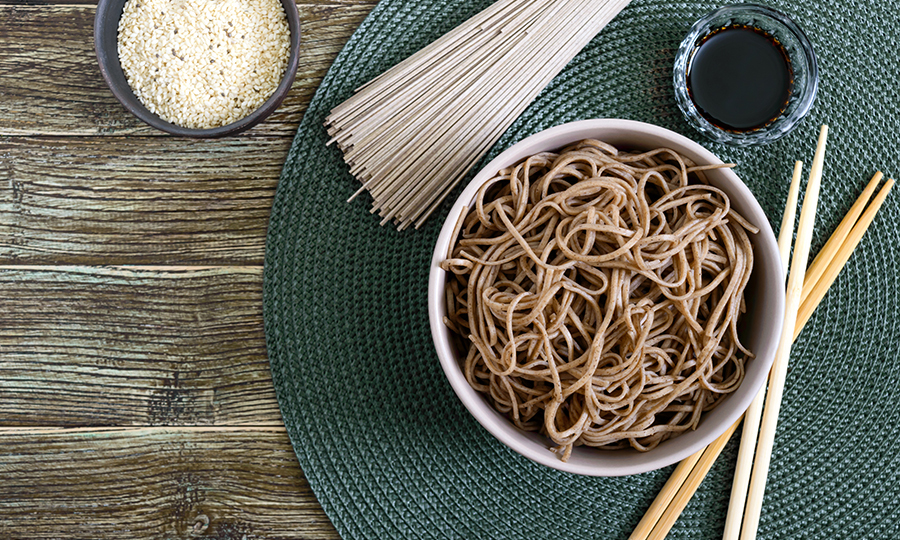
In the case of commercially sold buckwheat products, the ingredients may vary depending on the brand. Additives such as wheat flour, brown rice, salt, and sugar, in addition to buckwheat flour, may be included. It is important to check the percentage of buckwheat content on the food labels before purchasing to feed your dog.
Beware of buckwheat food allergies
As with any other food, the first time feeding most foods may cause an allergic reaction and intolerance. It is recommended to give a small amount of buckwheat to be tested and monitored for signs of an allergy. If your puppy shows any signs of an allergy, it is recommended to stop feeding and contact your veterinarian immediately.
Signs of an allergic reaction to look out for:
- Skin problems: hives, facial swelling, itchiness
- Digestive problems: vomiting and diarrhea
- Shortness of breath
Buckwheat plants are poisonous
Buckwheat seeds offer health benefits, but the plants themselves do not. As a member of the Polygonaceae family, buckwheat contains fagopyrin, a toxic substance to dogs. This substance can cause painful photosensitivity reactions to sunlight and may lead to issues such as skin necrosis. It is important to avoid walking your dog near buckwheat plants and flowers.
Curious if you can feed your dog other foods besides buckwheat?
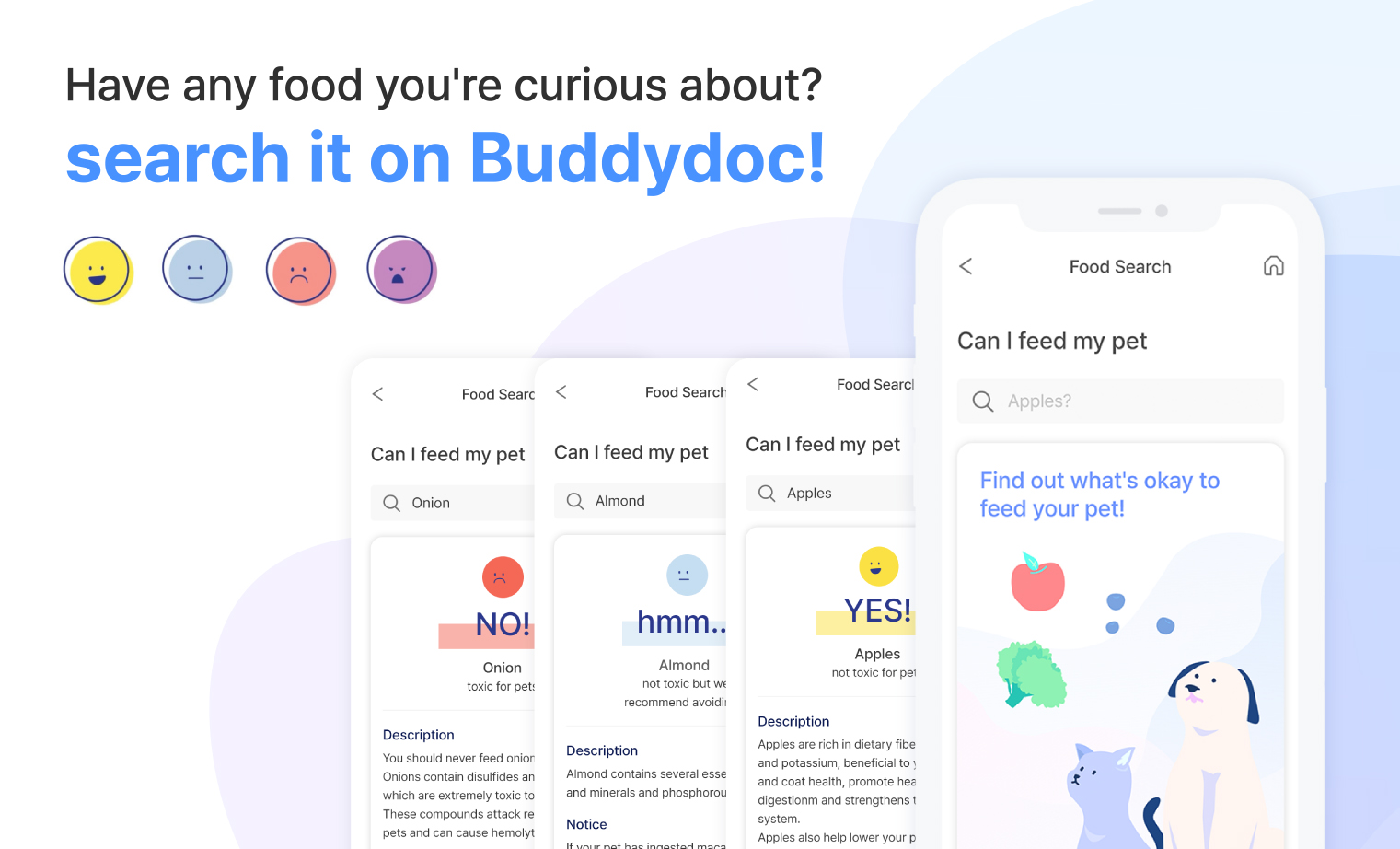
Does your dog also look up at you with those puppy dog eyes whenever you are snacking on something? You know foods like chocolates should not be shared with them but do you search the Internet every time if it’s okay to share a bite of whatever you are eating? The Buddydoc Food Dictionary provides information on hundreds of foods that we consume and informs you whether it is safe for them to consume and the nutritional benefits for your pet. If you're curious about other foods, try searching on Buddydoc!




